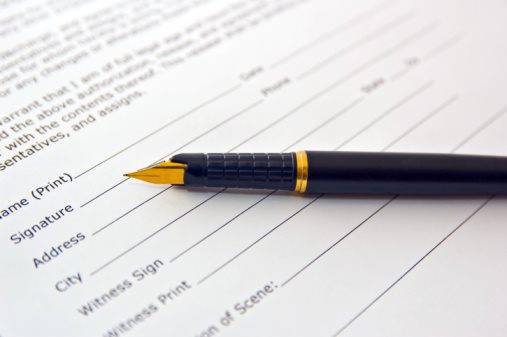What are Historic Properties

Historic properties are those properties and buildings which are considered historic, whether it is because they have been in existence for a very long time, or because they hold some particular kind of historical relevance for the area. Historic properties are, in general, owned, sold, and bought in the same fashion as any other kind of property, as historic properties are ultimately still just properties.
Exceptions to the basic nature of historic properties would likely only arise when these historic properties are particularly historic, and they are in some capacity protected by the City Council or some other form of government within the city, or even the state.
Council properties, then, might be secured by the government that wants to protect those properties; this would then give that government full title to those properties, thereby disallowing anyone else from attempting to make changes which might alter the historic properties to their detriment.
Many major cities also have some form of Council on Historic Preservation, as well. Such a council might be linked to the government in some capacity, but it might also be entirely independent.
Regardless, such councils often have rights to a number of different council properties which they own because they wanted to protect those historic properties. Most often, such council properties will not be sold or exchanged with any given individual, as the historic properties may simply reside in the control of the council, so that the historic properties might best be preserved, or they might be sold to individuals whom the historic council was sure would treat the properties appropriately.


















